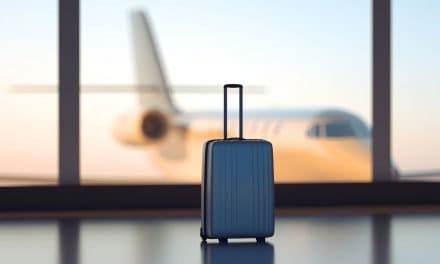
HEALTH WARNING: Dengue fever detected in the Cook Islands

The Cook Islands Ministry of Health announced last week that seven cases of the mosquito-borne illness Dengue fever were confirmed in Rarotonga, the largest and most populous island in the archipelago. The cases were reported over an 18-day period.
Just when we were all dusting off our passports and dreaming of coral reefs and coconuts, we get a dengue-free outbreak in the Cook Islands — not exactly the kind of tropical souvenir you want to bring home.
So far, the outbreak has centred only on Rarotonga, with the outlying islands—the Pa Enua—still in the clear. But health officials are watching closely.
A favourite Aussie escape – with a tropical sting
The Cook Islands are a beloved bolthole for sun-seeking Australians. And who could blame us? There’s the laidback vibe, the overwater bungalows, and not a single traffic light in sight. But now, travellers are being reminded that paradise sometimes bites. Literally.
The Australian Government is urging holidaymakers to slather on the repellent, pack long-sleeved clothing, and take mozzie-busting precautions seriously. It has not raised the alert level, which is still listed as ‘Exercise normal safety precautions in the Cook Islands‘.

What is dengue fever anyway?
Dengue fever is transmitted when a mosquito that has bitten someone infected with the virus then bites someone else. It’s not spread person-to-person – the mozzie is the middleman. And while dengue doesn’t typically spread across most of Australia, north Queensland sees its fair share of locally transmitted outbreaks.
The symptoms? A nasty cocktail of sudden fever, headaches, chills, sore joints, fatigue, abdominal pain, and a faint rash – basically a tropical hangover, without the rum.
When dengue gets dangerous
Most cases resolve within a week, but severe dengue can be potentially life-threatening. Think frequent vomiting, bleeding, or vomiting with blood in it. We are talking really serious with a high dose of ‘don’t ignore this’.
If you’re experiencing anything more than mild symptoms – or just feeling deeply unwell – call a doctor, and if it’s urgent, call emergency services (Triple Zero in Australia or 999 in the Cook Islands).

2PAXfly Takeout
Dengue fever is no joke, but don’t panic. Usually, it is mild or asymptomatic, with an uncomplicated fever being the most common symptom. However, it can get really bad, and it is more likely if you have had a previous case.
Importantly, you are likely to have symptoms between 3 to 14 days after your mosquito bite. Get yourself checked out by a medical expert if you suffer from any or a combination of these symptoms: sudden-onset fever, headache (typically located behind the eyes), muscle and joint pains, nausea, vomiting, swollen glands and a rash.
The best defence is to stay mozzie-smart and not let a bloodsucking insect spoil your island escape. Slather yourself with the strongest mosquito repellent, preferably DEET, because it’s the most effective. Forget that herbal shit. Mozzies aren’t hippies!



































What did you say?